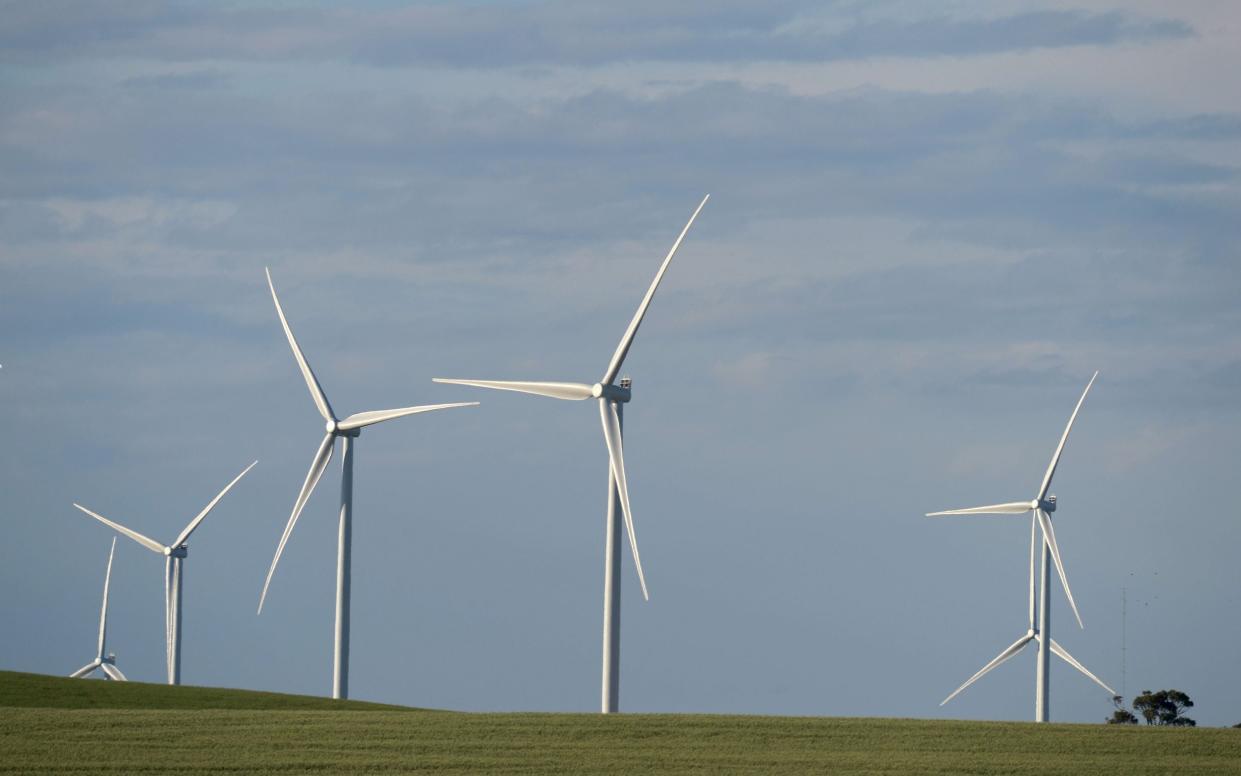Green energy shift risks replicating demise of coal mining, PwC boss warns

The rush to decarbonise heavy industry risks wreaking havoc on local communities in a parallel to the upheaval caused by the closure of coal mines in the Eighties, the boss of PwC has warned.
Kevin Ellis, senior partner and chairman of the Big Four accounting firm, said that locations such as Teesside, which have traditionally been home to some of the most carbon intensive industries like iron and steel, have some of the best potential for creating green jobs.
Teesside’s former Redcar steelworks, which shut in 2015 resulting in 2,000 job losses, is being transformed into a carbon capture and storage complex.
However, he warned that without the right investment in skills and technology, efforts to decarbonise heavy industry such as steel and chemicals risks mirroring the impact wrought by the demise of coal mining and traditional manufacturing.

In a speech to a group of business leaders on Thursday night, Mr Ellis said: "There are certain parallels with the 1970s and 80s in terms of the scale of the transition, and the potential impact on local communities.
“It's important we recognise this now, and gain more insight on jobs and locations most likely to be affected so we can do something about it. With the right intervention the green economy presents the opportunity of the century to correct regional imbalances.”
Many mining communities were decimated after pits were shut during the second half of the last century, with unemployment levels jumping well above the national average as a result.
Mr Ellis’s comments came as the UK prepares to host the COP26 climate summit later this month, as experts warn that governments must take immediate action to reduce emissions before climate change becomes irreversible. Boris Johnson has pledged that the UK will be carbon net zero by 2050.
However, the current energy crisis has highlighted just how heavily the UK, and other countries, still rely on fossil fuels to meet demand.
Business leaders are becoming increasingly focused on outlining the role their companies are playing in fighting climate change.
Money managers such as abrdn and Ninety One have even asked staff to monitor their carbon footprint while working from home as part of new green energy drives.
Mr Ellis said: “The green jobs transition is relevant to everyone and every organisation… The scale of the challenge is immense but with the right investment in green skills and technology we have the opportunity to reset the economy.”


